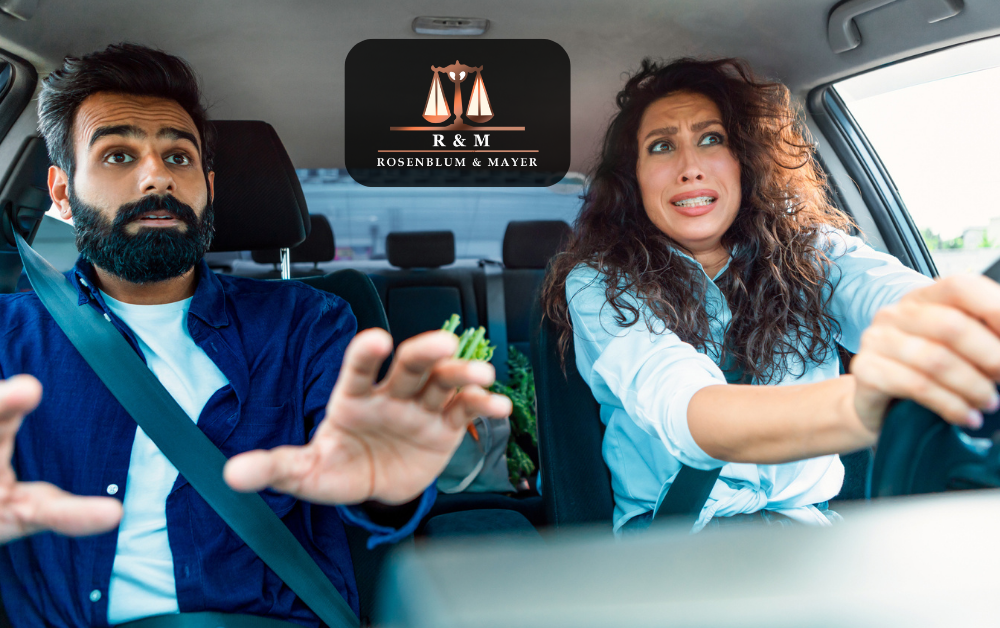Rideshare has quickly incorporated itself into our everyday lives. Millions of Floridians use ridesharing services such as Lyft and Uber to get around, get food delivered, and get home safe. While most people think of ridesharing as a safe way to responsibly get where they’re going, accidents do happen. And when they do, the ensuing legalities can get a little complicated- and things are muddied even further when it happens in Florida due to the state’s recent transition to a modified comparative fault system. Read on to learn more about how liability is determined under the new modified comparative fault system.
Florida’s New Modified Comparative Fault System
Up until 2023, Florida had a pure comparative fault model for auto accidents. Under the previous system, you could be at any percentage of fault for your own injuries and still collect the remaining percentage of liability from the other party if they were found to be even partially at fault, even up to a 99%/1% liability split (though that would of course drastically reduce the amount of damages you could recover). Under the newly amended F.S. 768.81, Florida now has a 51% bar for collecting damages. If you were more than 50% responsible for your injuries, you are unable to collect any damages from the other party.
Florida Rideshare Driver Liability
In Florida, rideshare companies like Uber and Lyft are responsible for any damages incurred if the driver was on an active Rideshare trip and found to be at fault. The rideshare company may also be liable for damages to their driver if a third-party is deemed liable for a crash. The ridesharing driver may be held responsible for damage or injury if it can be proven that the cause was due to their:
- Intentional misconduct
- Negligence
- Recklessness
Florida Rideshare Passenger Liability
A passenger may be held comparatively liable under the following circumstances:
- The passenger tried to control the car by touching the steering wheel, brakes, or any other driver portion of the vehicle
- The passenger encouraged or pressured reckless behavior from the driver, such as pressuring them to speed or enabling them in a road rage situation
- The passenger was distracting the driver, which may include trying to show them directions on a phone, having a loud fight in the car, or even talking to them
- The passenger interfered with the driver’s ability to safely operate the vehicle
- The passenger wasn’t wearing a seat belt, and that contributed to the severity of their injuries.
While drivers have a responsibility to try their best at avoiding distractions, a passenger who intentionally or recklessly inhibits the driver’s ability to drive may end up being found comparatively liable.
Contact Us Today
No matter how much you prepare, accidents do happen. Accidents involving rideshare drivers can get extremely complex, and it’s important to have an experienced Florida rideshare accident attorney on your side- you can be assured that the big rideshare companies have comprehensive legal teams so they can reduce their exposure and watch out for their bottom line. If you or somebody you love was involved in a rideshare accident, call Rosenblum & Mayer to consult with a top personal injury attorney today.

